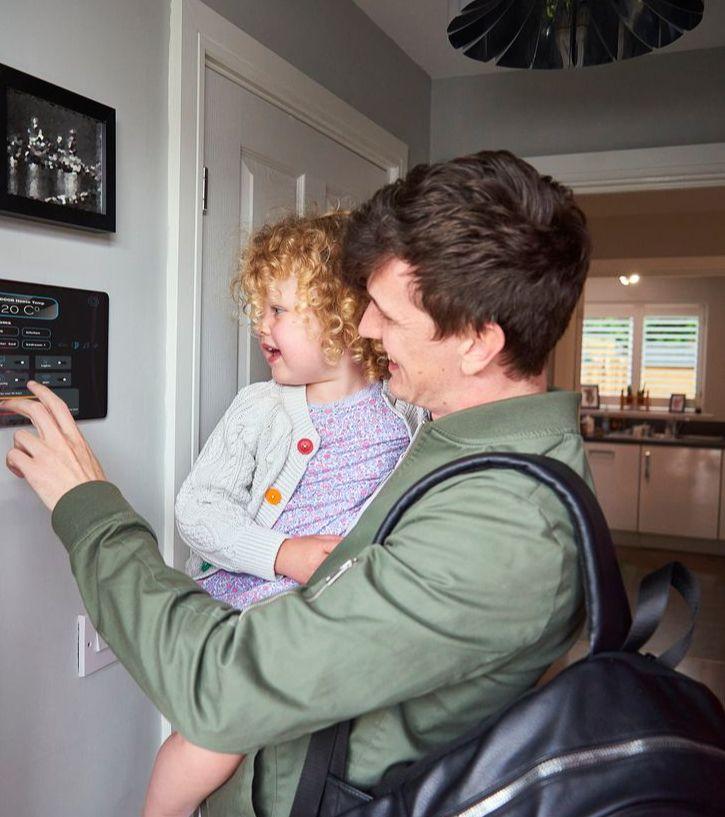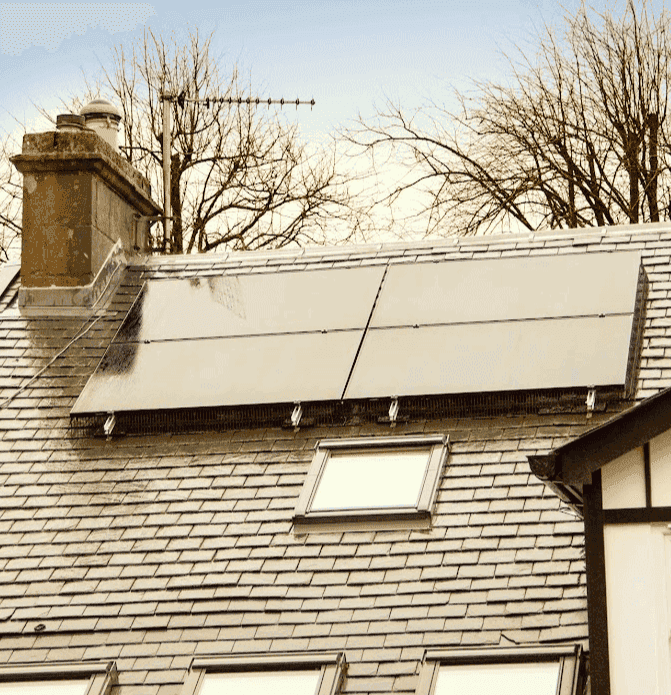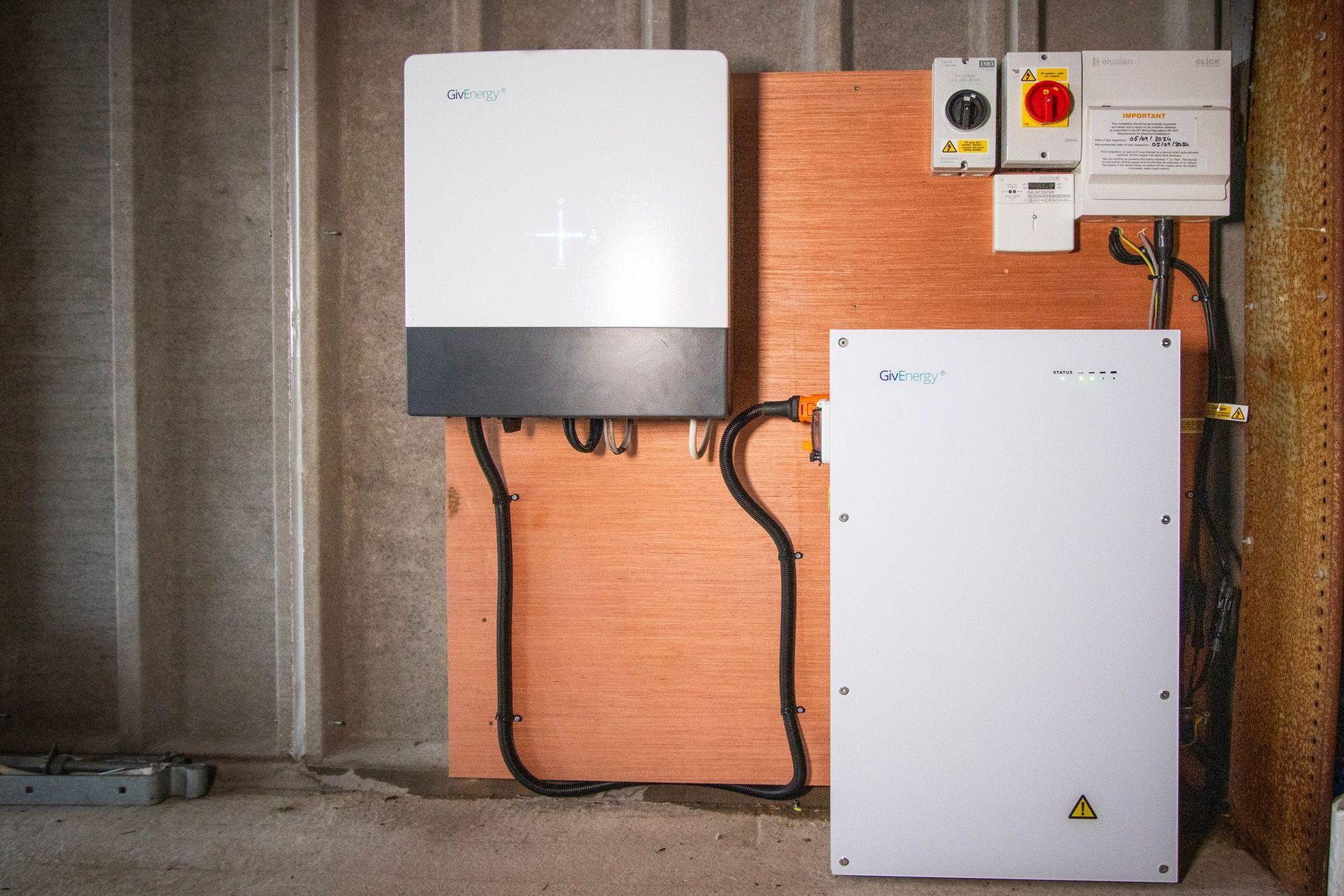
You're in the right place


Start with what you have and understand where you're heading
If you’re beginning to look into home energy - maybe you’ve heard about heat pumps, solar panels or smart tariffs - you’re in the right place.
You don’t have to decide anything yet. The first step is understanding your current heating system and how homes like yours are changing across the UK.


Your current system: still valuable, still part of the plan
Modern boilers should last around 22 years, not the 10–12 most households assume. With a yearly service and some simple efficiency tweaks, most can run safely and economically for years to come.
Replacing early wastes money and locks you into gas until the late 2030s. By keeping your boiler efficient, you buy time and flexibility to move to clean heating when the timing is right
Small changes like lowering the flow temperature, balancing radiators and optimising the boiler's settings (this one needs a heating engineer) saves up to 15% gas. Every bit saved now strengthens your bridge to what comes next
What comes next - the new generation of home energy


Heat pumps: the future of home heating
Over the next decade, most UK homes will switch to heat pumps. They’re already the norm across much of Europe, offering steady, even heat, quieter operation and 65–75 % less energy use than a boiler
With the government’s £7,500 Boiler Upgrade Scheme grant and zero VAT, a heat pump’s upfront cost is now comparable to a new boiler.
Most households describe the warmth as more comfortable — radiators stay gently warm rather than cycling hot and cold — and they benefit from cleaner indoor air and lower bills over time.


Solar: free power from your own roof
Adding solar PV is one of the simplest ways to cut running costs. A typical system can supply a substantial share of a home’s annual electricity and when paired with a heat pump, that free daytime energy directly offsets heating bills.
The number of panels you can fit on your roof will determine how much surplus electricity you have available for the heat pump.
Even without full coverage, every unit of self-used solar electricity reduces what you buy from the grid.


Battery storage: storing what you generate
A home battery lets you capture surplus solar power and use it later — in the evening, overnight, or during high-price periods.
Depending on size and set up, a battery can cut electricity bills by £200–£600 a year, depending on tariff and usage
But timing matters: adding a battery too soon (before solar or a heat pump) can limit its value. Warmur’s approach is sequencing- heat pump first, adding battery storage when it will earn its keep


Smart tariffs: cheaper electricity when you plan ahead
Electricity prices are no longer fixed. Smart tariffs reward households that can shift usage to off-peak periods often halving the cost of running a heat pump or charging a battery
Modern tariffs offer low-price windows (typically 4–7 am and 1–4 pm) for heating.
When combined, solar + battery + smart tariff systems make it possible for homes to run at well under half the energy cost of a standard electricity plan
Why exploring now makes sense
- Learn before you’re under pressure. Understanding your current system means you’ll replace it on your own timeline.
- Save while you wait. Optimising a boiler saves money every year and extends its life.
- Prepare your home gradually. Future-proof your system and improve efficiency today.
- Be ready for the switch. As tariffs and technologies improve, the change to clean heating will become the obvious next step, not a leap.
Explore gas boiler guides
Help to save money today with your existing boiler
Learn about heat pumps
Our ultimate guide to heat pumps covers it all